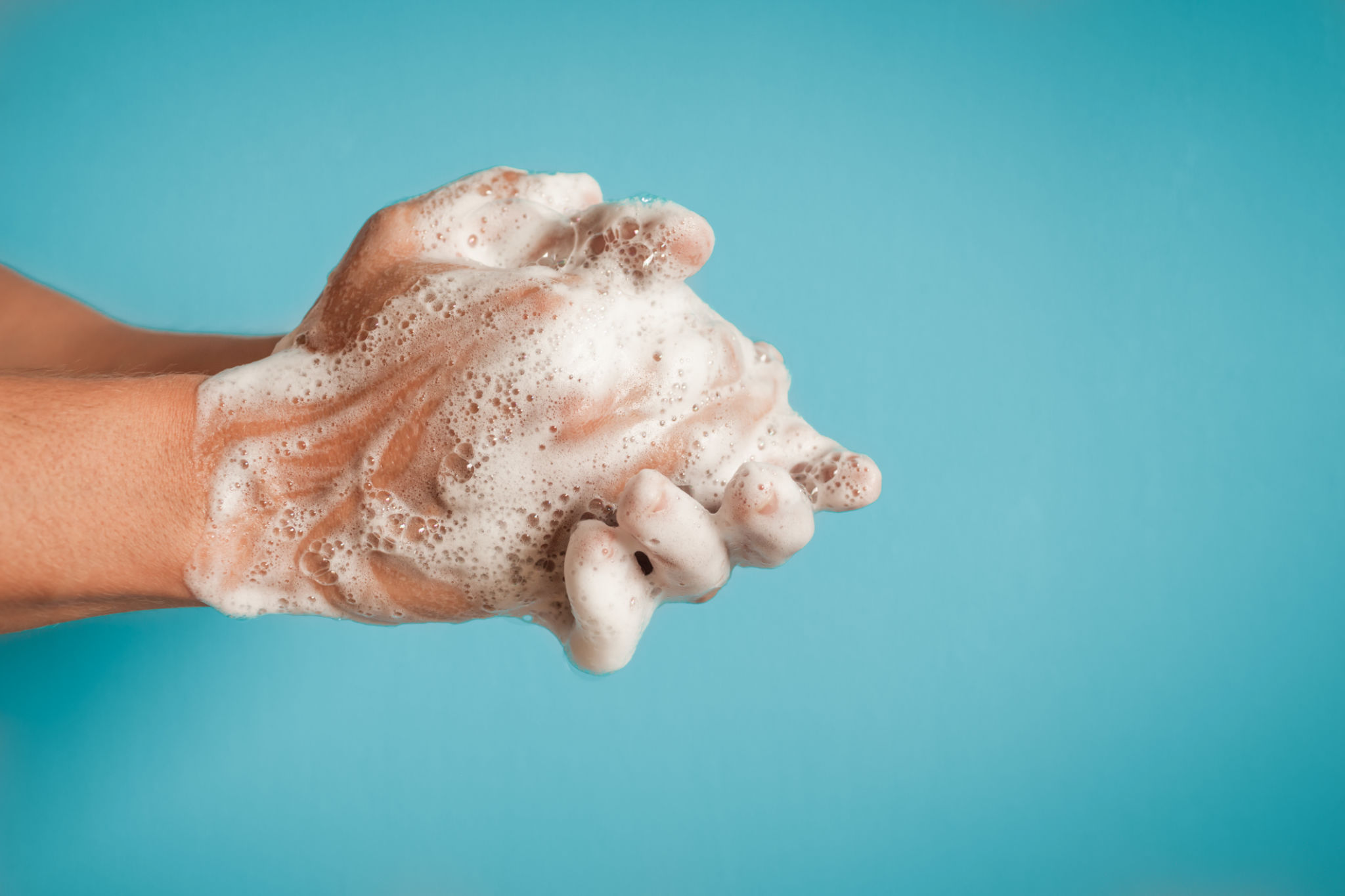A Guide to OCD Compulsions and How to Manage Them
Understanding OCD Compulsions
Obsessive-Compulsive Disorder (OCD) is a mental health condition characterized by unwanted, intrusive thoughts (obsessions) and repetitive behaviors or mental acts (compulsions). Compulsions are performed in an attempt to reduce anxiety or prevent a feared event or situation. It's important to note that these actions often provide only temporary relief and can interfere with daily life.
Compulsions can take many forms, such as excessive checking, cleaning, counting, or repeating specific phrases. While the compulsions may appear logical to the individual with OCD, they can seem irrational to others. Understanding these behaviors is crucial in managing OCD effectively.

Common Types of Compulsions
Checking
Checking compulsions often involve repeatedly verifying things like door locks, appliances, or personal health concerns. This behavior is driven by a fear of harm or danger if not checked thoroughly.
Cleaning and Washing
Cleaning compulsions are typically motivated by a fear of contamination or germs. Individuals may spend excessive amounts of time washing hands, cleaning household items, or avoiding perceived sources of dirt.

Counting and Arranging
Some people with OCD feel compelled to count objects or arrange items in a specific order to prevent negative outcomes or distressing thoughts. This can include counting steps, aligning items symmetrically, or arranging things until they feel 'just right.'
Strategies for Managing OCD Compulsions
Cognitive Behavioral Therapy (CBT)
Cognitive Behavioral Therapy, particularly Exposure and Response Prevention (ERP), is considered the gold standard for treating OCD. ERP involves gradually exposing individuals to feared situations while preventing the compulsive response, helping them build tolerance to anxiety and reduce reliance on compulsions.

Medication
For some individuals, medication such as selective serotonin reuptake inhibitors (SSRIs) can be effective in managing OCD symptoms. These medications can help regulate serotonin levels in the brain, reducing the intensity of obsessions and compulsions.
Mindfulness and Relaxation Techniques
Incorporating mindfulness and relaxation practices into daily routines can help manage anxiety and reduce the urge to perform compulsions. Techniques like deep breathing, meditation, or yoga can promote a sense of calm and awareness.
Remember, managing OCD is a journey that often requires professional support. Seeking help from a mental health professional can provide guidance tailored to individual needs and circumstances.
